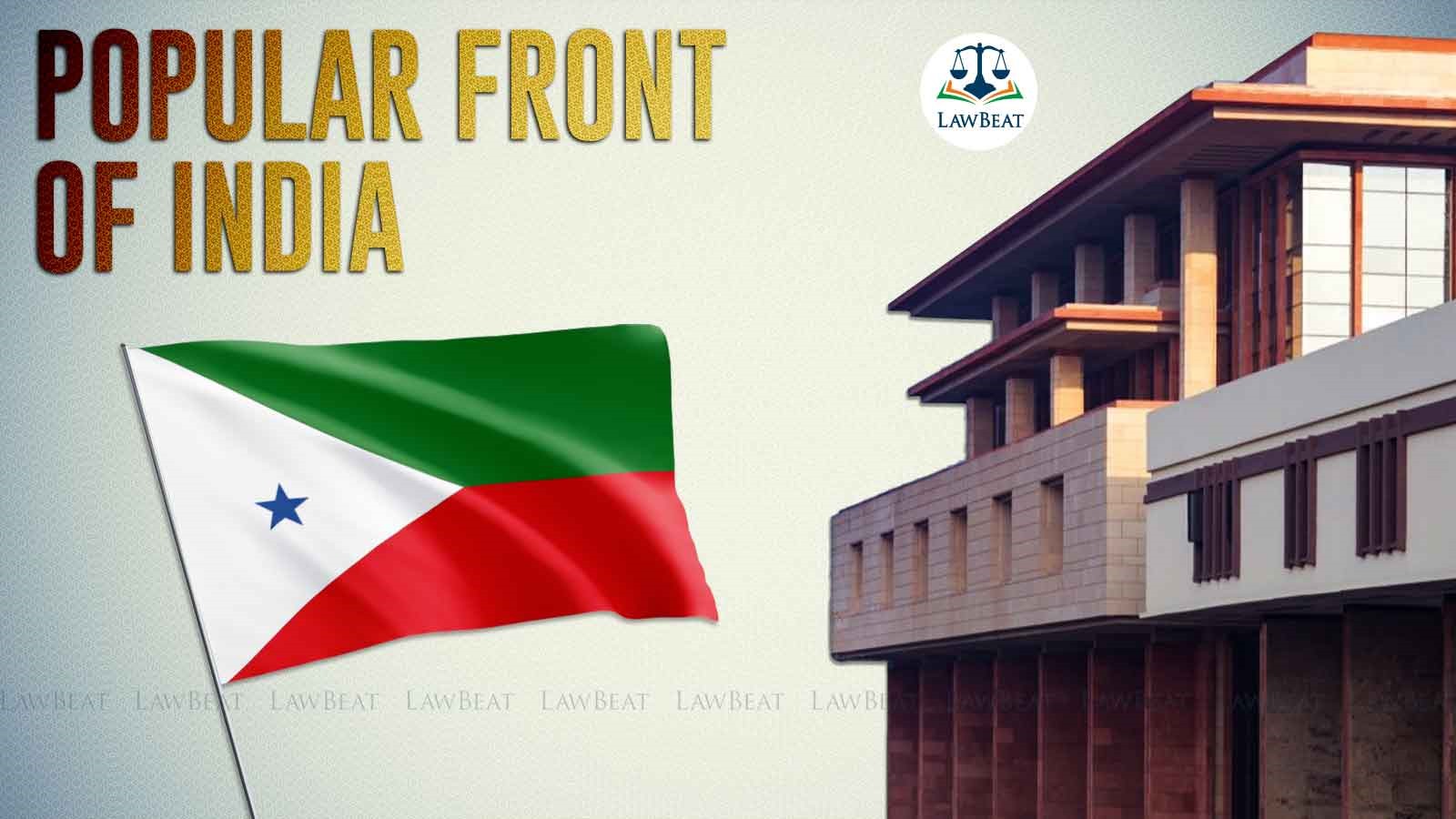Stringent Conditions Under Special Statutes Should Not Become Punishment In Itself: Delhi HC Grants Bail To PFI Members

The court granted bail to President Parvez Ahmed, General Secretary Mohd Ilyas and Secretary Abdul Muqeet of the now-banned Popular Front of India (PFI) in an alleged money laundering case.
The Delhi High Court, recently, held that special statutes have stringent conditions for the grant of bail but these stringent conditions should not be used to curtail the freedom of the accused. Merely charging an accused under such special statutes should not be treated as a form of punishment. Therefore, the court emphasized that constitutional courts must be vigilant in protecting such rights.
“Special statutes have stringent conditions for grant of bail but they should not become means to detain the accused without there being any possibility of concluding the trial, expeditiously. Merely charging an accused person under the provisions of these special statutes should not become a punishment in itself which violates Article 21”, the bench of Justice Jasmeet Singh highlighted.
The accused filed applications seeking regular bail contending that they have been in custody for over two years and two months despite the maximum punishment being 7 years. Senior Advocate Shadan Farasat, for Mohd Ilyas, argued that the trial has not yet commenced due to the extensive nature of the evidence, which included 185 prosecution witnesses, 456 documents, and voluminous digital records.
Advocate Satyakam, for Abdul Muqeet, contended that the allegations were vague, contradictory, and failed to establish any criminality. Since Muqeet was not charge-sheeted in the predicate offence, his involvement in generating, concealing, or using proceeds of crime was incomprehensible.
Advocate Adit S. Pujari, for Parvez Ahmed, argued that the allegation of facilitating the collection of funds for committing a crime did not qualify the funds as ‘proceeds of crime’. It was emphasized that the proceeds of crime must directly result from a criminal offence, which was absent in this case.
The court reiterated that the existence of a scheduled offence is a prerequisite for identifying proceeds of crime under the PMLA. The court further highlighted that “The collection of funds in an illegal way to commit a scheduled offence in future is not an offence of money laundering under PMLA. The funds so collected are not proceeds of crime and can be proceeds of crime only when they were generated as a result of scheduled offence”.
The Court emphasized that Article 21 of the Constitution guarantees personal liberty and the presumption of innocence until proven guilty. While special statutes like the PMLA impose stricter bail conditions, these do not override the fundamental rights under Article 21. Courts reaffirmed the principle that bail is the norm, and incarceration should be an exception, contingent upon fair and reasonable legal procedures.
“The offences in the special statutes like Narcotic Drugs and Psychotropic Substances Act, 1985, UAPA and PMLA imposes additional stringent conditions for grant of bail which are to be tested on the facts and circumstances of each case but these stringent conditions do not take away the fundamental rights guaranteed under Article 21”, the court emphasized.
The court further outlined that Constitutional Courts are empowered to safeguard the fundamental rights of the accused under Article 21 of the Indian Constitution. These courts are required to be vigilant in protecting such rights. While special statutes may impose stringent bail conditions, they should not be used to detain an accused person without the possibility of a timely trial. Simply charging an individual under these special statutes should not itself constitute a punishment, as it would violate Article 21.
In this case, the court observed that the matter was at the stage of proceedings for the supply of documents (207/208), and charges had yet to be framed. Therefore, the court granted bail to the accused persons.
Case Title: Parvez Ahmed v Directorate Of Enforcement (2024:DHC:9389)
